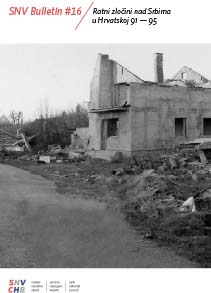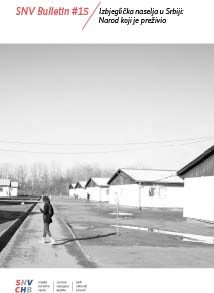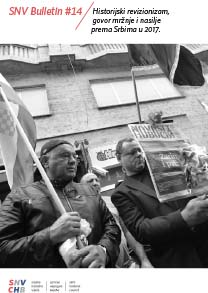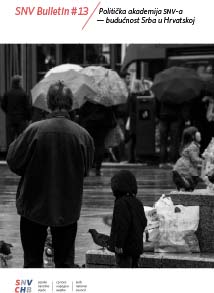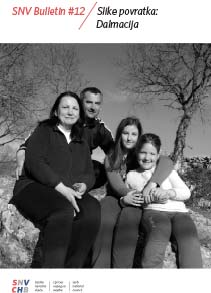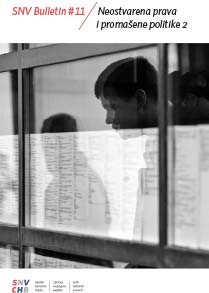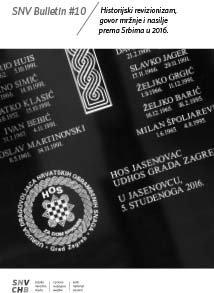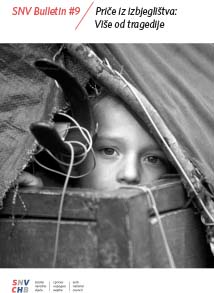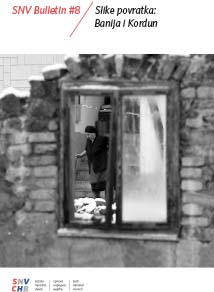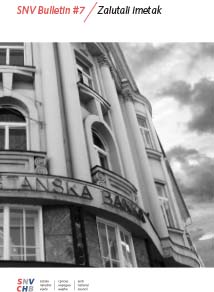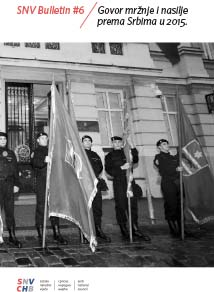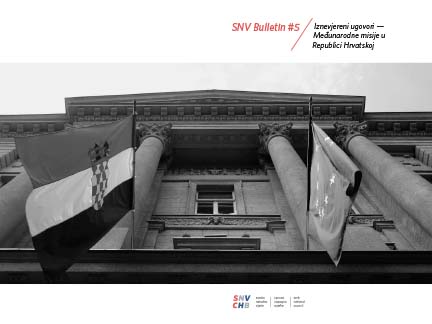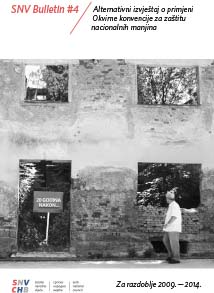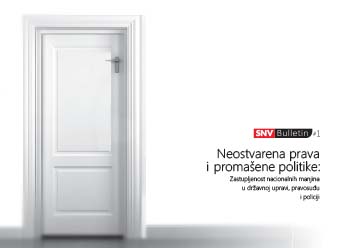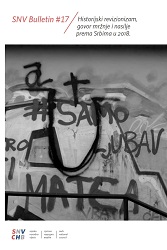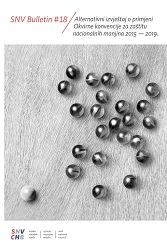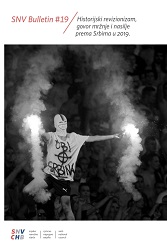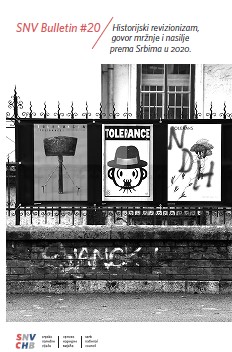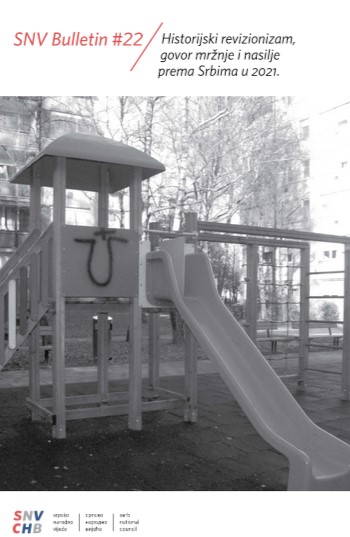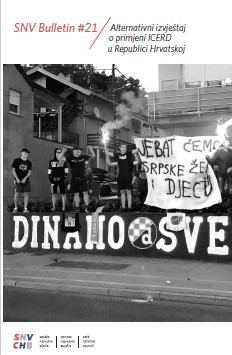Historijski revizionizam, govor mržnje i nasilje prema Srbima u 2021.
Author(s): Tihomir Ponoš,Nikola Vukobratović / Language(s): English,Croatian
Keywords: Hate speech in Croatia; Serbs in Croatia; BBB support group; Chetnik movements; Pantovčak; Revisionism; Incidents in Vukovar; verbal intimidation; Discrimination;
The Bulletin before you gives an overview of events in 2021 that were motivated by prejudice, intolerance and hatred of Serbs in Croatia. It goes beyond the framework of official statistics, making use of a series of more or less familiar events to show how society breathes, thus bearing witness to an atmosphere that is very much present, yet is not always visible in numbers, nor publicly recognised and acknowledged as problematic. In fact, things need to be told like they are — in Croatia, even today, deep into the 21st century, Serb ethnic origin is still subject to intolerance and hate. The reactions elicited by the messages, sentences, drawings and other expressions of hatred towards Serbs, that is, most often their absence, or indeed denial of the problem, are no more than burying our collective heads in the sand and downplaying the significance of such expressions. This way, the moment when new generations will be able to grow up without having to learn not to accept the other merely due to their ethnic origin, is in increasing abeyance. This is why the exceptional value of this overview lies precisely in its power to raise awareness of the problems faced by people around Croatia merely because they or their family members are, or are even just assumed to be, Serbs. Likewise, this Bulletin can serve as a kind of traffic-light warning for all those tasked with bringing about positive changes, including by all means the relevant ministries — of the Interior, Justice or Education, as well as the State Attorney's Office and judges, not omitting politicians at all levels — with clear indicators of the deviations that in a democratic society should not have the status of acceptable patterns of behaviour.
More...
